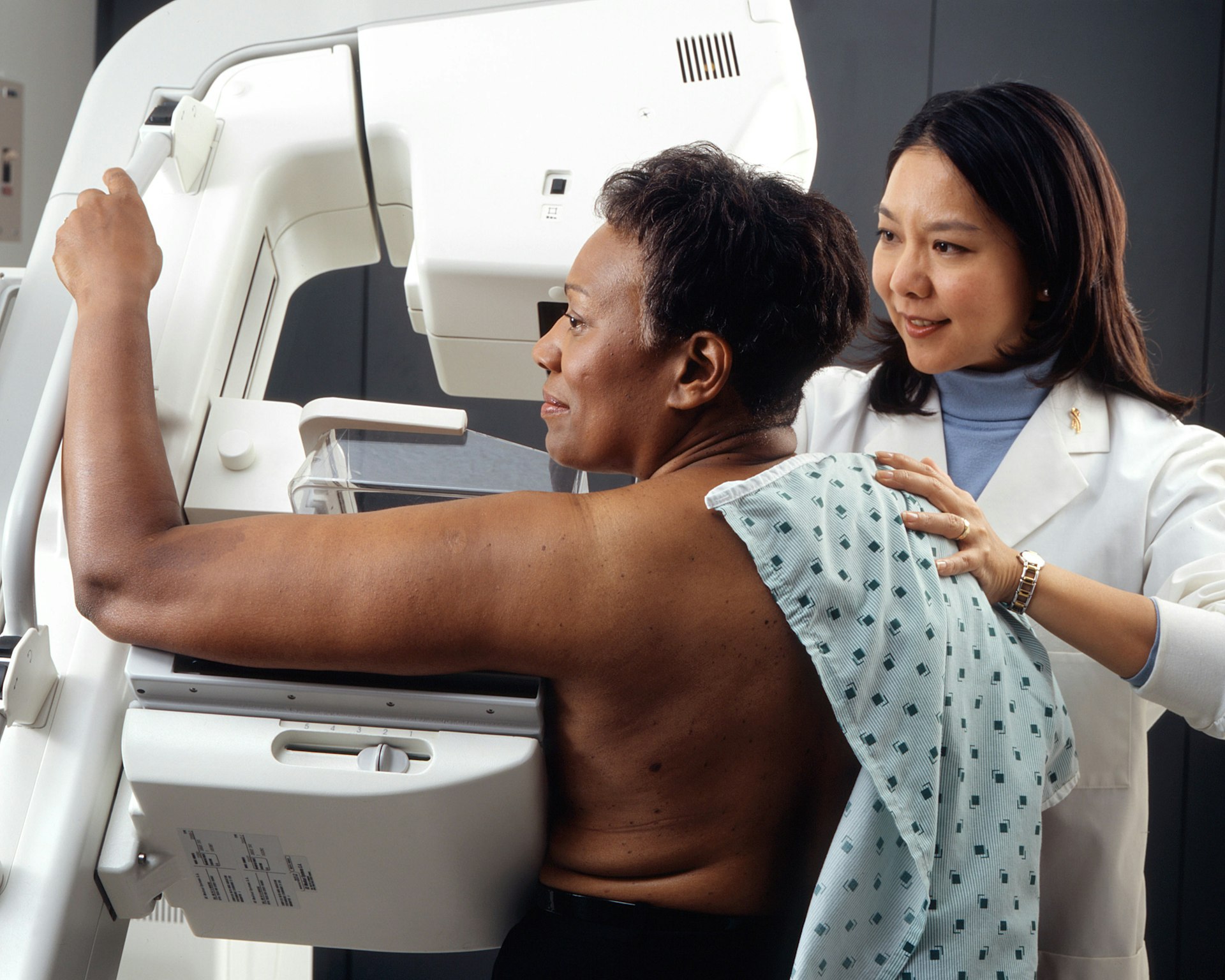Holistic Cancer Support Care: Emerging Trends and Actionable Pathways for 2025


Photo by National Cancer Institute on Unsplash
Introduction: The Rise of Holistic Cancer Support Care
Holistic cancer support care is transforming the landscape of oncology, integrating physical, emotional, spiritual, and social dimensions to address the multifaceted needs of patients. Recent trends highlight a shift from strictly conventional treatments toward integrative oncology , which blends evidence-based medical therapies with complementary approaches such as acupuncture, massage, mindfulness, and spiritual support. This article examines the most significant developments in holistic cancer support, providing actionable guidance for patients, caregivers, and providers seeking comprehensive care solutions.
Integrative Oncology: Combining Conventional and Alternative Therapies
Leading cancer centers now embrace integrative oncology , merging standard treatments with complementary methods to optimize patient outcomes. This multidisciplinary model focuses not only on eradicating cancer but also on managing symptoms and improving quality of life. Common therapies include:
- Herbal remedies and nutritional supplements that may enhance the efficacy of conventional drugs or alleviate side effects [1] .
- Yoga and mindfulness meditation to reduce stress and foster emotional resilience [1] .
- Naturopathy and lifestyle counseling to promote overall health [1] .
Action Steps:
- Consult your oncology team about available integrative therapies within your treatment center.
- Seek referrals to certified practitioners for complementary modalities, such as acupuncture or massage.
- Research clinics with established integrative oncology programs; many hospitals now feature multidisciplinary teams dedicated to holistic care.
Evidence-Based Complementary Therapies: Acupuncture, Massage, and Beyond
Clinical research supports the inclusion of acupuncture and oncology massage in cancer care. The IMAGINE project, led by Memorial Sloan Kettering Cancer Center, is expanding access to these therapies by training practitioners nationwide [2] . Acupuncture and massage have proven effective for pain and symptom management, reducing reliance on opioids and improving patient comfort.
Hospitals increasingly offer free or subsidized access to these services. If you are interested, you can:
- Ask your oncology center about participation in the IMAGINE project or similar initiatives.
- Visit the Society for Integrative Oncology for guidelines and a directory of accredited integrative care providers [2] .
- Inquire about clinical trials that include complementary therapies-many academic centers list these on their official websites.
Personalized Symptom Management and Palliative Care
Holistic cancer support prioritizes individualized symptom control through advanced technologies and tailored interventions. Electronic patient-reported outcome (ePRO) tools, such as the Canopy platform, enable real-time symptom tracking and prompt medical responses, reducing emergency visits and hospitalizations [3] .
Additionally, virtual reality (VR) is being used to address pain and psychological distress, helping patients find comfort and emotional balance during treatment.
To access these resources:
- Ask your provider if your cancer center uses ePRO or remote symptom monitoring platforms.
- Discuss eligibility for VR therapy trials or programs, especially for pain and mood management.
- Explore palliative care consultations, which are increasingly available at major hospitals and cancer centers.
Challenges may include technology literacy and insurance coverage, but most centers offer guidance and support for enrollment.
Spirituality and Psychosocial Support
Addressing spiritual needs is a core component of holistic cancer care. Recent studies highlight the importance of spirituality-focused interventions -from dignity therapy to faith-based practices-in enhancing quality of life and emotional well-being [4] . These interventions are tailored to individual beliefs and cultural backgrounds.
To obtain spiritual support:
- Ask your hospital for referrals to chaplains or spiritual care teams.
- Participate in group or individual sessions that incorporate spiritual or faith-based practices.
- Seek programs that offer dignity therapy, narrative medicine, or other evidence-based spiritual interventions.
If such resources aren’t available locally, consider searching for certified practitioners online or contacting national cancer support organizations for guidance.
Empowerment and Survivor-Led Initiatives
A growing movement within the cancer community focuses on self-empowerment and survivor advocacy . Many survivors now lead support groups, awareness campaigns, and educational workshops that transform adversity into platforms for change [2] .
To get involved or benefit from these initiatives:
- Contact your local cancer support organization for information about survivor-led programs.
- Attend workshops or online seminars that teach resilience, advocacy, and wellness strategies.
- Engage with peer networks through reputable national organizations such as the American Cancer Society.
These activities foster community, provide practical advice, and help patients navigate the challenges of cancer care.
Innovation: Immunotherapies and Biological Solutions
Holistic care increasingly leverages scientific advances such as immunotherapy and biologic treatments . These therapies are often integrated into comprehensive care plans, offering targeted options that minimize side effects and improve patient outcomes [1] .
To learn about access to advanced therapies:

Photo by Filipp Romanovski on Unsplash
- Request information from your oncology team about eligibility for clinical trials and emerging therapies.
- Search for reputable treatment centers specializing in immunotherapy and biologics.
- Consult the American Association for Cancer Research for updates on new treatment modalities [5] .
Access may depend on diagnosis, insurance coverage, and clinical trial availability. Providers can guide you through application and enrollment processes.
How to Access Holistic Cancer Support Services
Comprehensive cancer support services may be available through:
- Major hospital cancer centers and academic institutions-ask for integrative oncology or palliative care departments.
- National organizations such as the Society for Integrative Oncology , which provides guidelines, directories, and resource links [2] .
- Local cancer support agencies, wellness clinics, and survivor advocacy groups.
When seeking these services, use official channels and verified resources. If searching online, use terms such as “integrative oncology,” “cancer wellness programs,” “spiritual care for cancer,” and “palliative care services.” For government programs, visit the official websites of agencies like the National Cancer Institute or Centers for Medicare & Medicaid Services and search for “cancer support services.”
Potential Challenges and Solutions
Barriers to accessing holistic cancer care may include limited local availability, insurance coverage, and lack of awareness. Solutions include:
- Advocating for expanded insurance benefits for integrative therapies.
- Joining online support networks and telehealth programs.
- Contacting hospital patient navigators for personalized guidance.
If services are unavailable, ask providers about referrals, remote consultations, or alternative programs in your region.
Key Takeaways and Next Steps
The holistic approach to cancer support care is rapidly evolving, with integrative therapies, personalized symptom management, spiritual support, and survivor empowerment at the forefront. By proactively seeking out these resources, patients and caregivers can enhance quality of life, foster resilience, and participate in innovative care models that address the whole person.
References
- [1] GlobeNewswire (2025). Alternative Cancer Therapeutics Market Trends.
- [2] Global Wellness Institute (2025). Wellness for Cancer Initiative Trends for 2025.
- [3] StartUs Insights (2025). Current Trends in Cancer Treatment.
- [4] National Center for Biotechnology Information (2025). Spirituality Interventions in Cancer Care.
- [5] American Association for Cancer Research (2025). Cancer Research and Treatment Advances.






